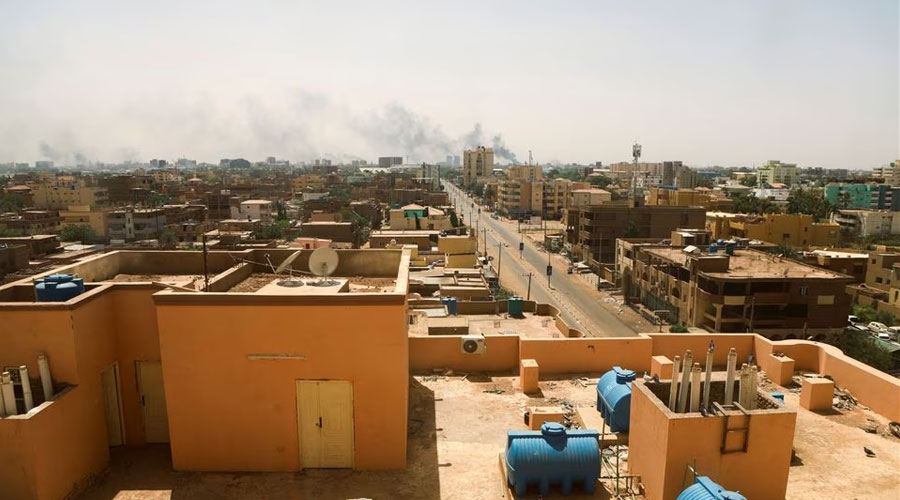As foreign governments airlifted hundreds of their diplomats and other citizens to safety, Sudanese citizens on Monday desperately sought ways to escape the chaos, fearing that the country’s two rival generals will escalate their all-out battle for power once evacuations were completed.
The evacuations were a dramatic operation. In convoys, foreign diplomats, workers and families made their way past combatants at tense front lines in the capital of Khartoum to reach extraction points — or even drove hundreds of miles to the country’s east coast.
A stream of European and West Asian military aircraft flew in all day on Sunday, through the night and into Monday, to ferry them out. France and Germany said more flights were possible if security conditions permitted.
But for many Sudanese, the airlift was a terrifying sign that international powers, after failing repeatedly to broker ceasefires, only expect a worsening of the fighting that has pushed the population towards disaster.
During nine days of warfare in Khartoum and other cities, millions have been trapped in their homes by explosions, gunfire and armed fighters looting in the streets while food supplies run out and hospitals near collapse.
Many Sudanese, along with Egyptians and other foreigners who could not get on flights, risked the long and dangerous drive to the northern border into Egypt.
“We travelled 15 hours on land at our own risk,” Suliman al-Kouni, an Egyptian student, said at the Arqin border crossing with Egypt.
Buses lined up at the remote desert crossing carrying hundreds of people, he said. Al-Kouni was among dozens of Egyptian students making the trek. “But many of our friends are still trapped in Sudan,” he said. Amani el-Taweel, an Egyptian expert on Africa, warned of “horrific suffering” for Sudanese unable to leave.











